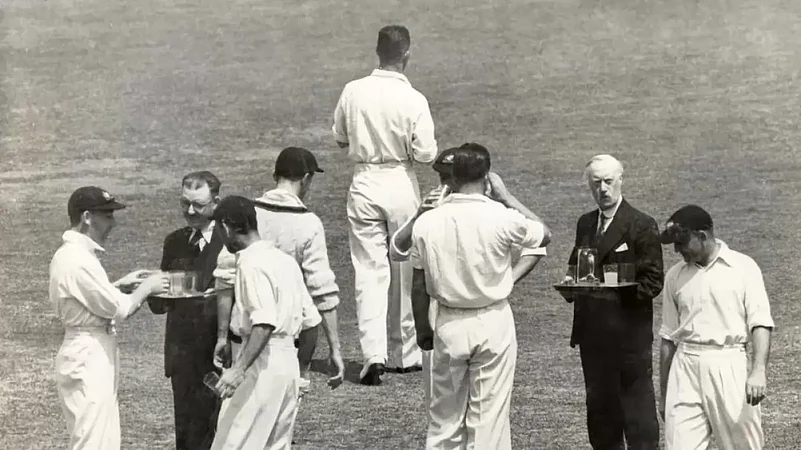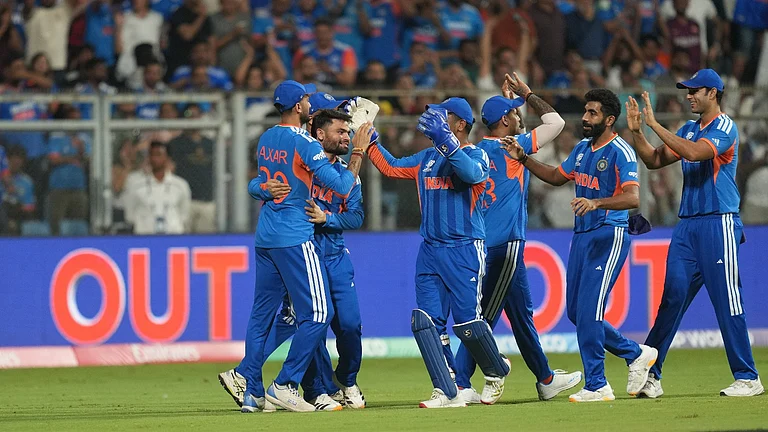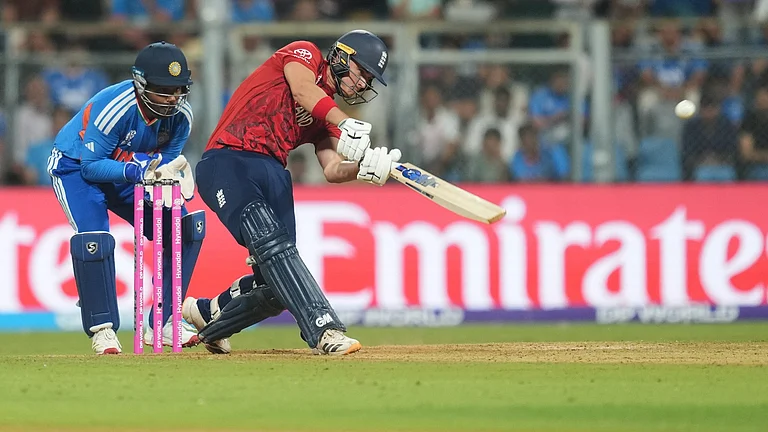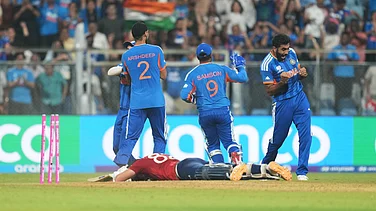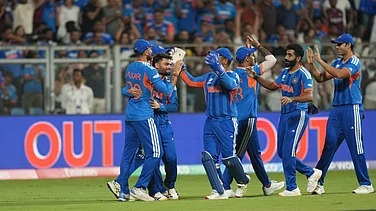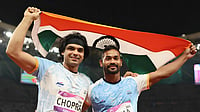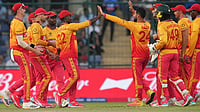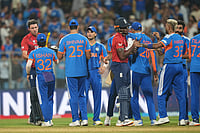Cricket and the Olympics made for strange bedfellows when the sport featured in its roster for the first and only time in the 1900 edition of the games in Paris. (More Sports News)
The French team that played the final against Great Britain comprised players working as manual labourers in the construction of the magnificent Eiffel Tower.
In the games that spanned six months, the Olympic cricket programme was a one-match, two-day affair, with a cumulative score of 366 runs across four innings.
The post-script was funny and scary in equal measure. The Brits from Devon Wanderers, after playing the 'Olympics final' were off to their next destination on a motor-coach that had two drivers.
The first driver was punched drunk and had to be pulled out of his seat, and the second one was no good either. In an inebriated state, he rammed the vehicle causing minor injuries.
What was the standard of the match? An article written by Daniel Schofield in 'Daily Telegraph' a few years ago observed that renowned Olympics chronicler the late Ian Buchanan, who had founded the International Society of Olympic Historians (ISOH), had termed the cricket event of that games as "shambolic".
It was held inside the Vélodrome de Vincennes, a cycling track with ridiculously short square boundaries, less than 30 metres from the centre of the pitch.
If there were 24 people in the field of play, documents of that time suggest that not even 20 had watched that match over two days.
R Horne, H Terry, W Anderson, D Robinson and W Browning were weekend cricketers, who formed the French Athletic Club Union, primarily for the British expats living in France.
And what did they do for a living? Well, they were building the Eiffel Tower. No wonder the French team was all out for 26 in pursuit of 184 with no one reaching double figures.
While Great Britain was given the silver medal for winning the final, the French were offered bronze for finishing runners-up.
In 1912, when the event got official recognition Britain's silver was upgraded to gold and France got the silver medal, although there is no historical evidence to suggest that players received the upgraded medals.
That's why, saying cricket and the Olympics in the same breath would mostly sound a bit more than odd until the International Olympic Committee (IOC), and the other concerned parties, decided to re-introduce the sport at the world's biggest sporting spectacle.
AJ Schneidau and F Roques would consider themselves lucky that despite being in the minority, the duo got a chance to represent the France national cricket team which had 10 Englishmen representing the French flag during the only game played at the Olympics.
As cricket makes a comeback to the Summer Olympics Programme at Los Angeles 2028 amid much fanfare, it is only fair to take a deep dive into history and get a sense of that match which Great Britain won by 158 runs five minutes before the scheduled close of play.
Although the first ever Test match was played in 1877, the two-day cricket match billed as an Olympic final between Great Britain and France was a 12-a-side affair where 22 out of the 24 were Englishmen.
Cricket was an English pastime back then and it was 12 recreational journeymen cricketers from Castle & Cary Cricket Club and alumni of Blundell's School in Somerset, who formed a club called Devon Wanderers, which left the English shores for a two-week cricket junket in France.
The criteria for selection was very simple – only those who got 14 days off from their work could board the ship.
Their opposition was even more interesting – a French team that comprised 10 Englishmen and two local French guys.
Great Britain's Montagu Toller took 7 wickets for 9 runs and was one of the two players among the 24, who played first-class cricket. The other first-class cricketer in that final was Alfred Bowerman.
Baron Pierre de Coubertin, the father of the Modern Olympics, wanted cricket as a part of the 1896 Games but there weren't any entries.
But it was included in the 1900 Games in Paris, which was less of an Olympics and more of a World Trade Fair, which started in May and ended in October – a grand period of six months in which the country wanted to showcase itself to the world.
Like Pakistan and India fought for hosting rights of the Asia Cup, in ancient times the fight was between the Netherlands and Belgium, who were also supposed to take part in the cricket competition but withdrew after their proposal to co-host the 1900 Olympics was rejected.


